Rausser College welcomes eight professors to all three undergraduate departments this fall. Their research and outreach expertise spans a variety of topics including plant regeneration, food justice, and feminist ecology, among others. Welcome to Rausser College!
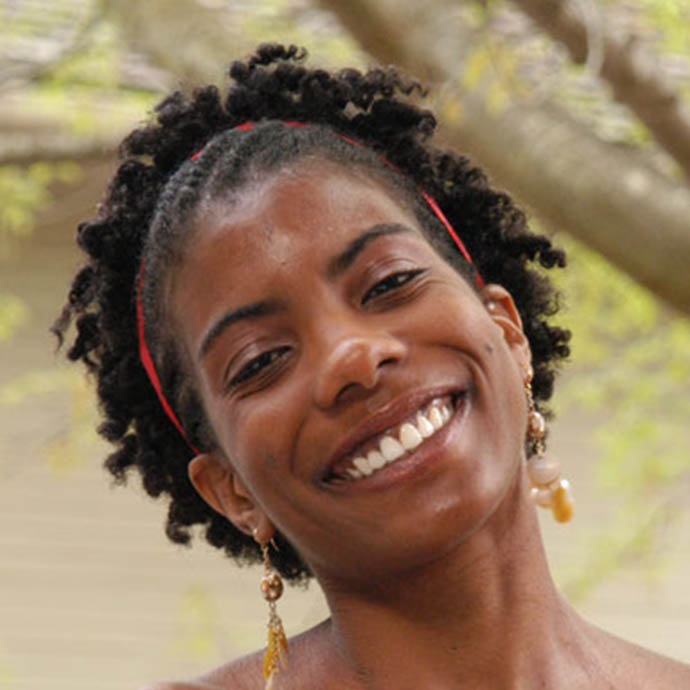
Karine Gibbs
Department of Plant and Microbial Biology
Karine A. Gibbs studies the big, complex behaviors of small organisms. She focuses on bacteria’s ability to recognize themselves and form territories, much like how birds flock together and wolves form packs. Dr. Gibbs’ research tackles questions such as: how does a sense of self-awareness shape the way bacteria assemble and move as a collective, and in turn, how does this shape their growth and virulence? The Gibbs Lab uses methods in molecular biology, genetics, biochemistry, and live imaging at both macro and micro scales to characterize subcellular processes and cellular development, as well as to visualize and quantify social behaviors.
Dr. Gibbs received a B.A. from Harvard University and a Ph.D. from Stanford University. She completed a postdoctoral fellowship at the University of Washington. Previously, Gibbs was an Associate Professor in Molecular and Cellular Biology at Harvard University and a recipient of the David and Lucile Packard Foundation Fellowship for Science and Engineering. This summer, Dr. Gibbs joins the University of California, Berkeley as an Associate Professor in Plant & Microbial Biology (PMB).
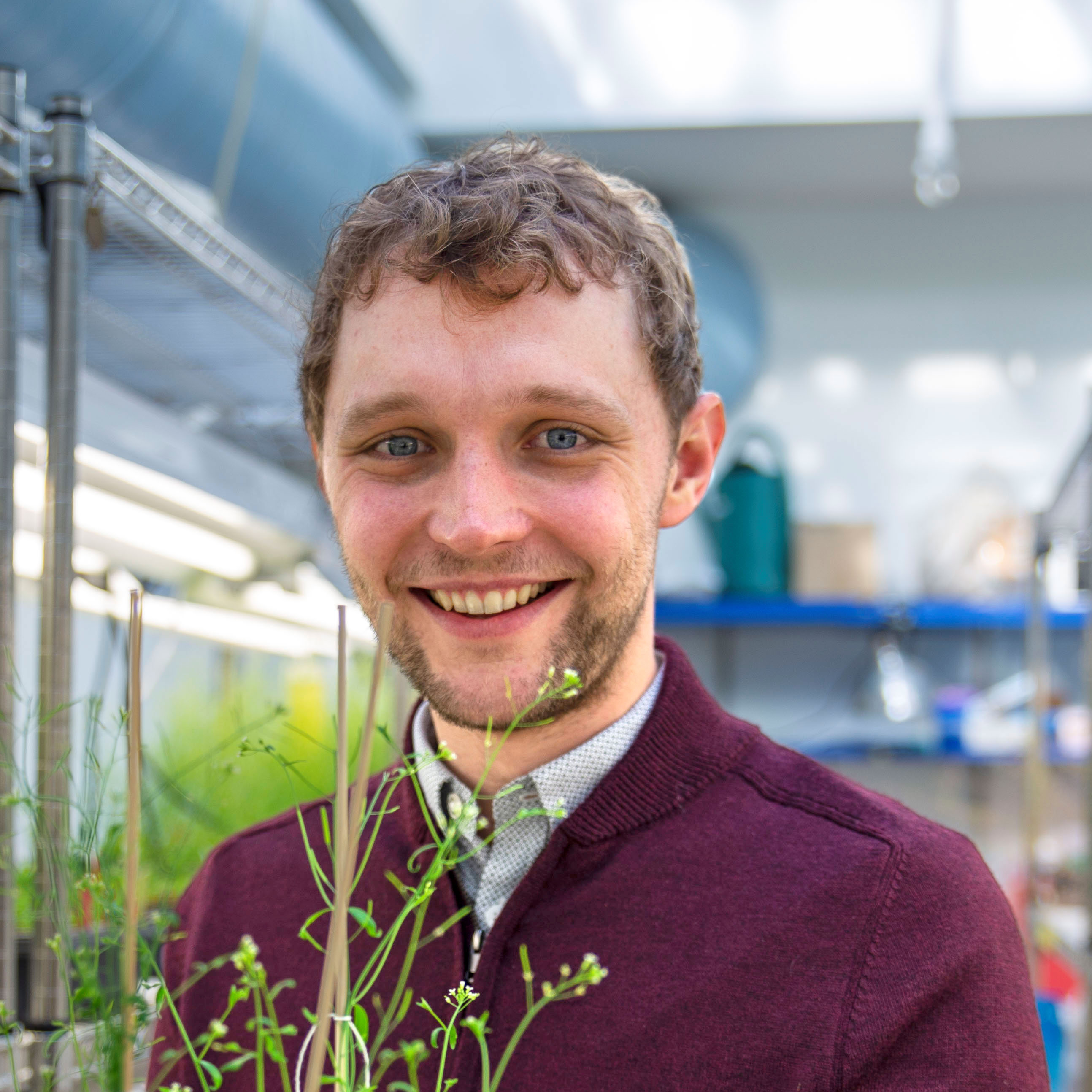
Ben Williams
Department of Plant and Microbial Biology
Continuing his work from the Whitehead Institute for Biomedical Research at MIT, Ben Williams' research focuses on the mechanisms of epigenetics, the study of heritable information that is not contained within the DNA sequence of an organism. Epigenetic information is particularly important for establishing the identity of cells within organisms and for long-term cellular memory. Understanding the mechanisms underpinning plant cellular identity could impact our ability to regenerate whole plants from a few cells, a process that is a barrier to many efforts to improve crops to meet global challenges. Williams received a B.A. from Oxford University and a Ph.D. from the University of Cambridge.
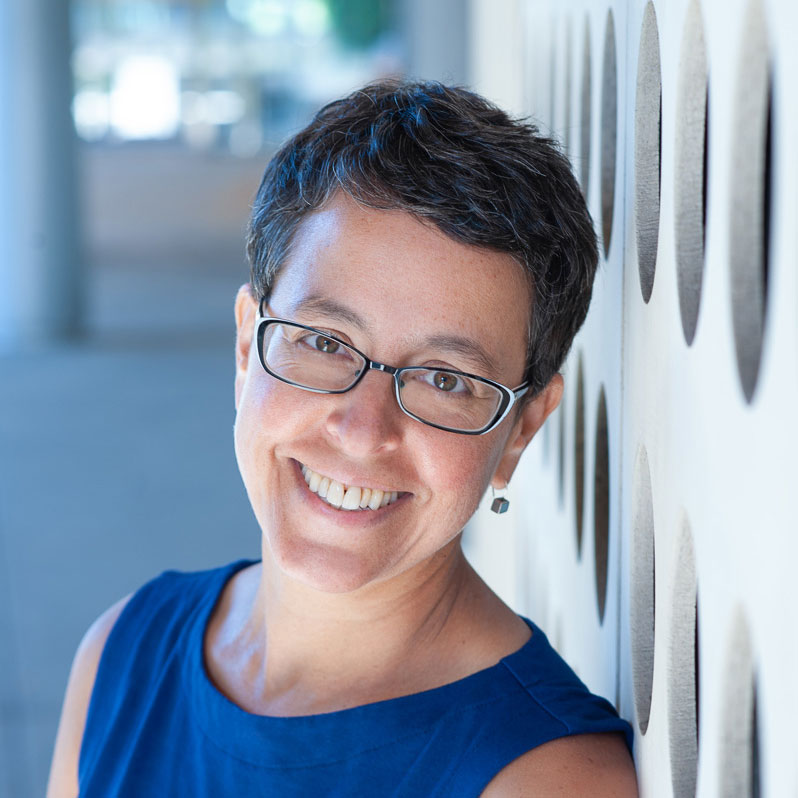
Rachel Brem
Department of Plant and Microbial Biology
Rachel Brem joins the permanent PMB faculty as an Associate Professor. Brem was trained at UC San Francisco and the Fred Hutchinson Cancer Research Center. Before joining the PMB department, Brem held faculty positions in the UC Berkeley Molecular and Cell Biology Department and the Buck Institute for Research on Aging. She uses fungi as a model system to understand evolution, with a particular focus on how organisms acquire new traits that allow them to flourish in their environment. Analyzing variations of specific genes, Brem finds why a species within one niche may differ radically from its relatives elsewhere. To aid the process, her lab develops experimental tools that allow evolutionary genetics research across species, rather than among individual members of a family or population. The Brem lab has also published studies on fungal genomes, outlining the genetic architecture of fungal traits of industrial and biomedical relevance. One of her current projects addresses the genetics of virulence and stress resistance traits in Coccidioides, the human fungal pathogen that causes Valley Fever.
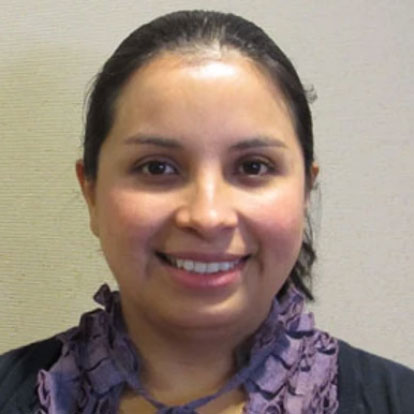
Norma "Ceci" Martinez-Gomez
Department of Plant and Microbial Biology
Ceci Martinez-Gomez started her research on one-carbon metabolism at the University of Washington as a postdoctoral researcher. Her work aims to unravel methylotrophy, the bacterial metabolism of compounds such as methane, methanol, formaldehyde, and formate. Currently, her lab is leading efforts in the emergent field of lanthanide-dependent methylotrophy and has recently demonstrated the far-reaching impacts of lanthanide biochemistry in biology. The Martinez-Gomez research group has been able to identify new enzymes and pathways dependent on lanthanide-chemistry, as well as the effects of lanthanide-dependent metabolism on local environments. Martinez-Gomez is passionate about dissecting these metabolic networks in order to develop bacterial platforms which further agricultural, biometallurgy, medical, and energy industries.
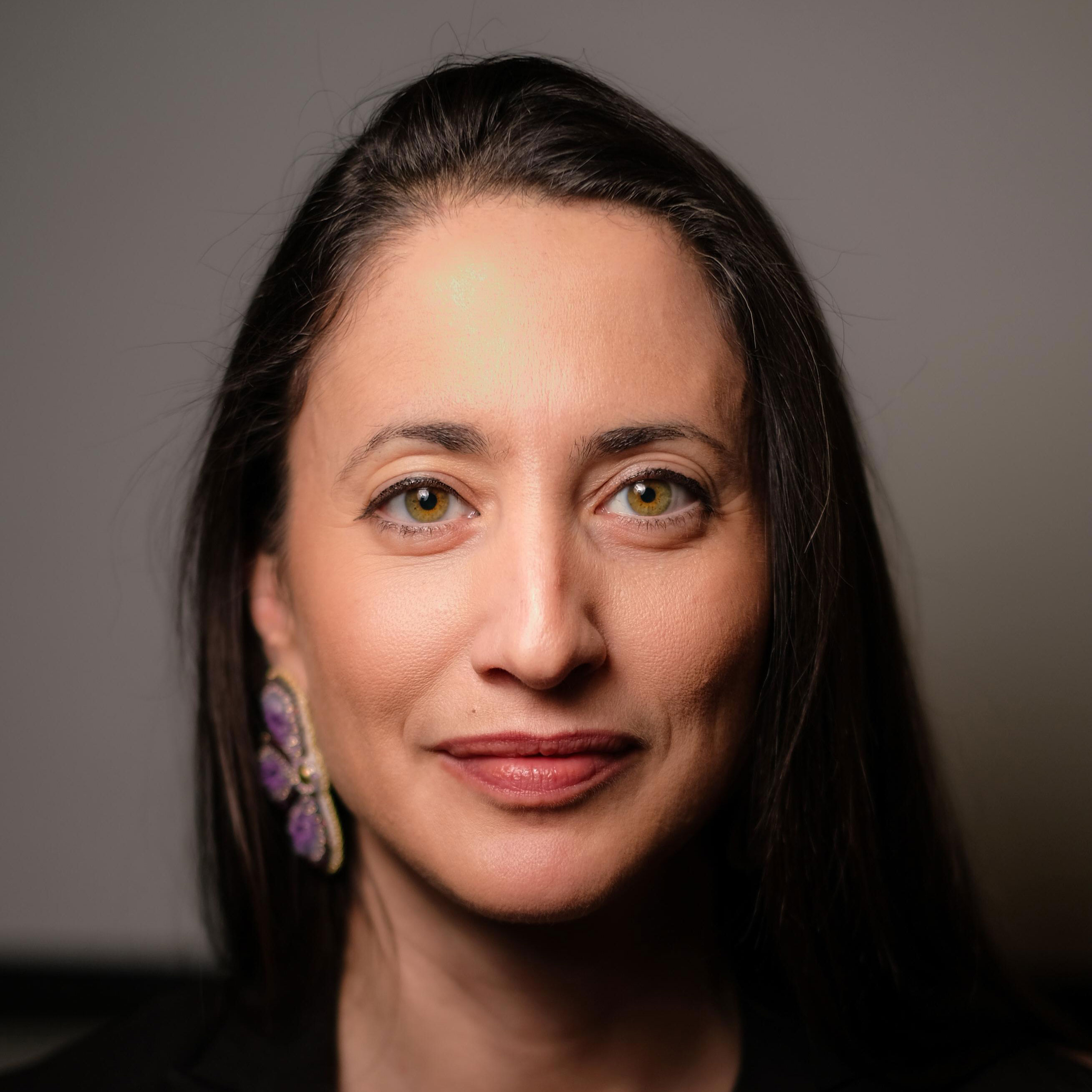
Elizabeth Hoover
Department of Environmental Science, Policy, and Management
Elizabeth Hoover researches environmental health and justice in Native communities, with a focus on Indigenous food movements, Native American museum curation, and community engaged research. Her first book, The River is In Us; Fighting Toxins in a Mohawk Community, discusses the Akwesasne Mohawks’ response to Superfund contamination and environmental health research. In her second book, From ‘Garden Warriors’ to ‘Good Seeds;’ Indigenizing the Local Food Movement, Hoover explores the successes and challenges faced by Native American farming and gardening projects; how Native chefs utilize traditional foods to promote health and education; and the connections between the anti-pipeline movement and the food sovereignty movement. The book also highlights the ways in which Native people define and envision concepts like food sovereignty and heritage seeds. Her most recent publications include an article about community food sovereignty definitions in the American Indian Culture and Research Journal; an article about the impact of COVID-19 on Native American food systems in Journal of Agriculture and Human Values; book chapters about tribal citizen science, as well as food justice in edited volumes; and collaborative pieces about the role of social science in environmental health research in Environmental Health Perspectives. Hoover received her B.A. from Williams College, M.A. from Brown in Anthropology and Museum Studies, and Ph.D. in Anthropology from Brown University.

Sunaura Taylor
Department of Environmental Science, Policy, and Management
Sunaura Taylor joins the Department of Environmental Science, Policy, and Management as an Assistant Professor. An artist, activist, and scholar, Taylor's research situates disability and ableism as central forces which shape human relationships to the more-than-human world. Concerned with relationships between altered bodily capacity, vulnerability, and systems of exploitation across species and ecological boundaries, her works cross a range of disciplines, mediums, and audiences. Recently, Taylor presented a talk titled “Disabled Ecologies: Living with Impaired Landscapes” at an event for Berkeley’s Othering and Belonging Institute.
Taylor is the author of Beasts of Burden: Animal and Disability Liberation, which received a 2018 American Book Award, and her artworks have been displayed in venues such as the CUE Art Foundation and the Smithsonian Institution. She received her B.A. from Goddard College, her M.F.A. in Art Practice from UC Berkeley, and her Ph.D. in American Studies at New York University. Among other awards, Taylor has won the Joan Mitchell Foundation MFA Grant, two Wynn Newhouse Awards, and an Animals and Culture Grant.

Youjin Chung
Departments of Energy & Resources Group and Environmental Science, Policy, & Management
As a broadly trained rural sociologist and human geographer, Youjin Chung's research brings together the political economy of development, feminist political ecology, critical agrarian and food studies, and African studies. She draws on ethnographic, historical, and participatory visual methods to examine the relationship between gender, intersectionality, development, and socio-environmental change in Sub Saharan Africa with a focus on Tanzania. She is currently working on a book manuscript which examines the gendered processes and outcomes of a large-scale agricultural land deal in coastal Tanzania. For her second major project, she is investigating the role of gender, race, and species in the making of the “livestock revolution” in Tanzania and the wider region. She joins the faculty in the Departments of Energy & Resources Group and Environmental Science, Policy, and Management from Clark University, where she was Assistant Professor at the Graduate School of Geography. She received her Ph.D. and M.Sc. in Development Sociology from Cornell University; an M.Phil. in Development Studies from the University of Cambridge, Jesus College; and a BA in International Studies, and Journalism and Communication at Korea University.
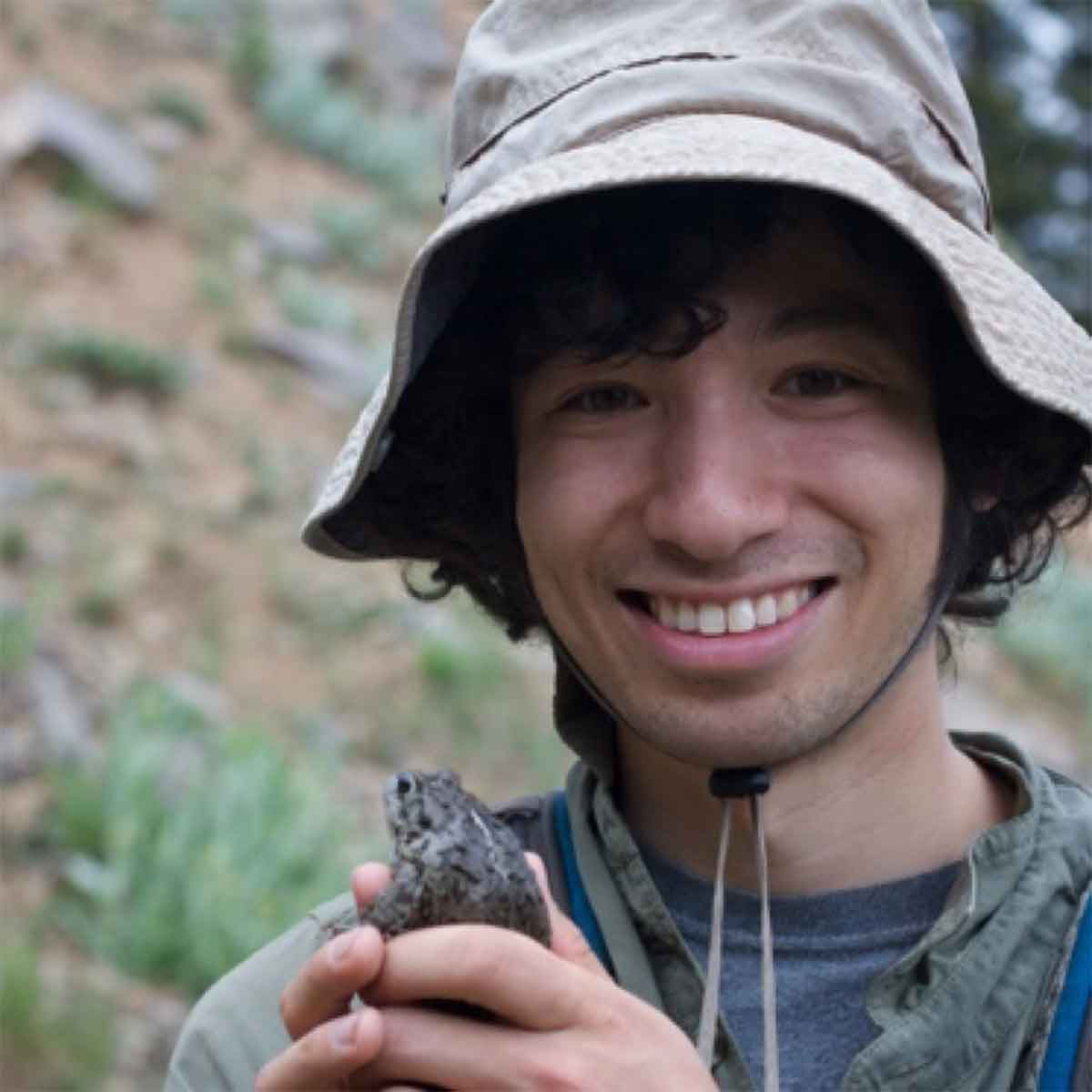
Benjamin Blonder
Department of Environmental Science, Policy, and Management
Benjamin Blonder’s lab moved to UC Berkeley from Arizona State University in January 2020. Blonder is interested in predicting ecological change in order to meet societal needs in upcoming decades. His work focuses on understanding plant biodiversity from the interplay of ecophysiological, historical, and anthropogenic processes. Blonder uses a combination of fieldwork, informatics, and modeling approaches to address these research areas. In addition to carrying out field work in neotropical and alpine forests, Blonder’s team develops range and software tools to support the efforts of other researchers in an effort to build a more inclusive field of science. He also co-founded the University of Arizona Sky School, a program which offers inquiry-based outdoor science education to K-12 students throughout the southwest. After receiving his B.A. from Swarthmore College, Blonder received his Ph.D. in Ecology and Evolutionary Biology from the University of Arizona. Blonder has been a Natural Environment Research Council independent research fellow at the Environmental Change Institute at the University of Oxford, as well as a visiting researcher at Copenhagen University, Aarhus University, and the Norwegian University of Science and Technology.
